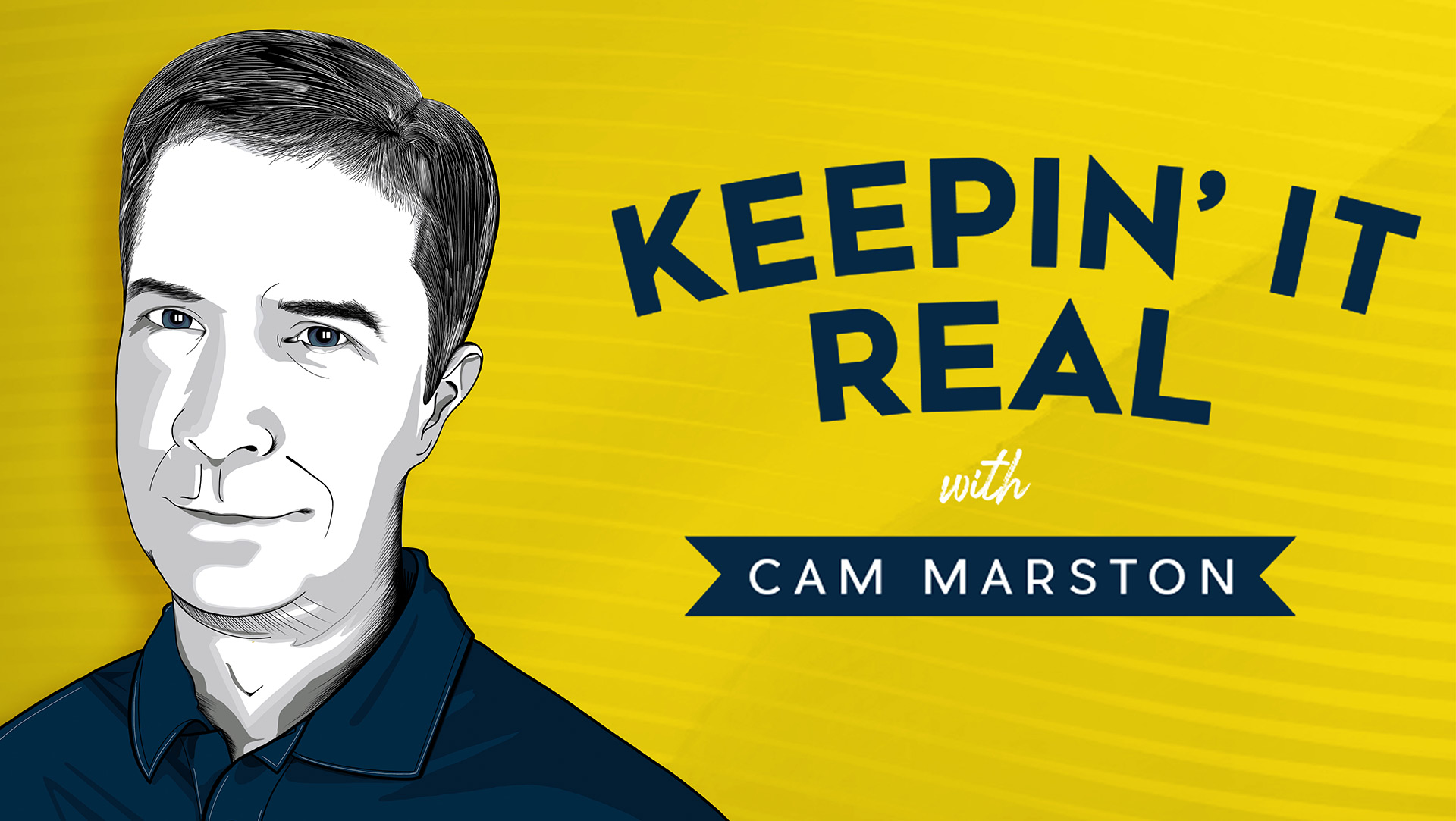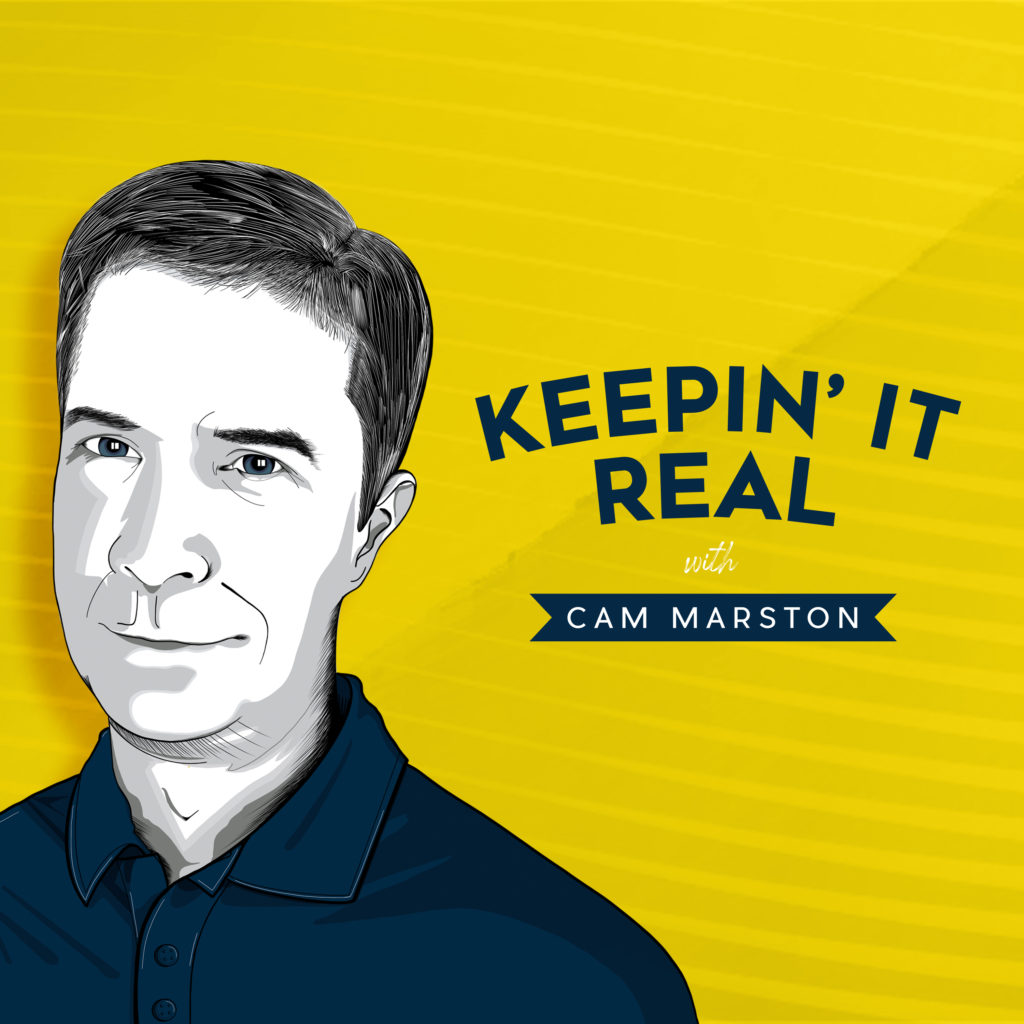Posted On October 2, 2024
Infantilized
On this week’s Keeping It Real, Cam Marston reacts to a book review about society and how we’re raising kids. It’s not the kids fault, Cam says, it’s definitely the parents.
—–
The Economist magazine reviewed a book called Infantilised: How Our Culture Killed Adulthood. The author, Keith Hayward, argues that western society is keeping kids less mature than previous generations. He tells of a young lady who insisted on spelling the word hamster with a P. When corrected repeatedly, she called her mom and put her on speakerphone to tell her boss not to be so mean.
That’s laughable, but I’ve heard similar things. I work with employers to help them manage, motivate, and recruit employees. I hear stories like this, though the ones usually shared with me are the extremes. Is it true we are keeping kids less mature? I think maybe we are.
Life stages are transition periods leading to a new phase of life. These transitions can happen quickly, like becoming a parent, or they can be a more drawn-out process, like moving into retirement. On the other side of the life stage – once it’s complete-, the person is usually changed. Their view of the world and their values have evolved through the life-stage.
I track several life stages using Census data. It clearly shows that today’s younger generations are going through the same life stages as previous generations but at much older ages. Average ages for first marriages have increased nearly year over year since 1970. Young adults living with parents has increased sharply since 2007. Average age of mother at first birth continues to climb.
One explanation, per the book’s reviewer, is that youth today continue their schooling longer. Therefore, they are dependent on parents, resist getting married and resist having children until older. Maybe. It does make sense. But my research shows that since the Renaissance, in times of affluence, parents work to keep their children younger longer. Parents facilitate, as one writer calls it, Peter-Pandemonium. And I can tell you where you can go witness first-hand it if you wish – high school sports.
I’ve seen parents demand more playing time for their children on the field or the court regardless of performance data. Parents lose it over a slight they feel their child received, regardless of team rules. Demanding the child not get what they’ve earned, but what the parents feel the child wants. The lengths they’ll go through, the bridges they’ll burn, the scene they’ll make is shocking. Oddly, the child seems to care the least, but the parents – wow.
There’s a story told by author Michael Lewis that sums this up. It’s about his high school baseball coach who was tough on kids. The alums, now adults, wanted to buy a plaque to honor this coach who, the alums agreed, shaped them into the men they are today through discipline and tough love. At the time the alums were raising money for the plaque, this very same coach was being attacked by current parents as being too mean and too hard. The current parents demanded his resignation. The same coach. The same coaching. Diametric opposite opinions of the effects of his methods.
To oversimplify it, Infantilised argues that kids today are soft. Maybe. But I promise you, they’re not nearly as soft as the parents. Just ask a high school coach.
I’m Cam Marston and I’m just trying to Keep it Real.
Check out this episode!







 .
. 
